Nereus in the News – Friday, January 15
Nereus research reported on in the Washington Post, the Vancouver Sun, CTV News, Global News, NPR, Hakai magazine, The Tyee, Times Colonist and Vancouver Observer.
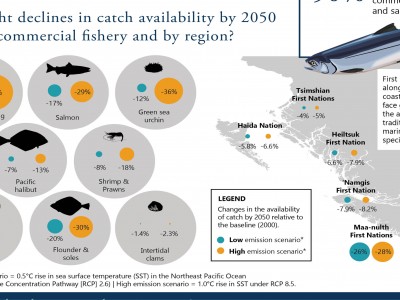
Nereus research reported on in the Washington Post, the Vancouver Sun, CTV News, Global News, NPR, Hakai magazine, The Tyee, Times Colonist and Vancouver Observer.
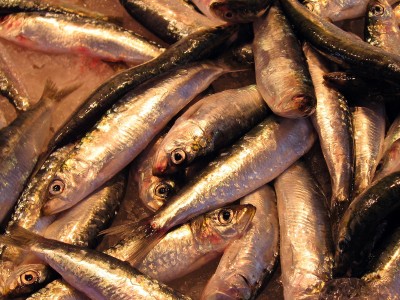
First Nations fisheries’ catch could decline by nearly 50 per cent by 2050, according to a new study examining the threat of climate change to the food and economic security of indigenous communities along coastal British Columbia, Canada.
“Climate change is likely to lead to declines in herring and salmon, which are among the most important species commercially, culturally, and nutritionally for First Nations,” said Lauren Weatherdon, who conducted the study when she was a UBC graduate student. “This could have large implications for communities who have been harvesting these fish and shellfish for millennia.”
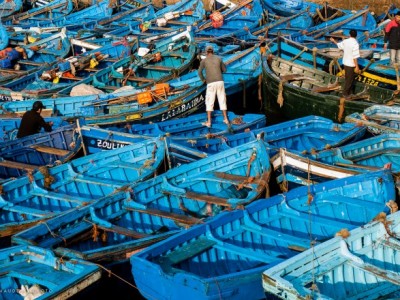
Based on the current trajectory of human-induced impacts on the environment, it is clear that we are pushing the oceans and marine ecosystems to unprecedented limits. Environmental changes in ocean properties have led to an array of ecological responses, from shifts in the composition of the ocean’s phytoplankton to changing distributions of fish species.
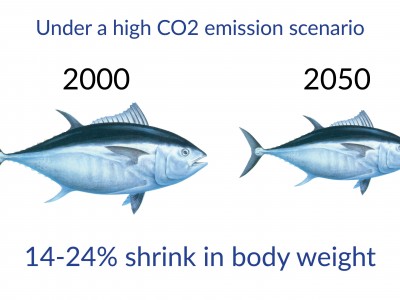
Climate change could affect temperatures all over the world, but what may not be immediately apparent is that climate change will affect ocean temperatures. If CO2 emission rates do not change, the average sea surface temperature is expected to increase by 2 to 3.5 degrees Celsius by the end of the century. This may not seem like much, but it would impact oceans in many ways, making them quite different from how they are today.
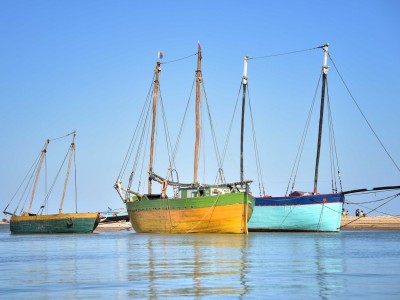
From November 20 to December 11, leaders from more than 195 countries will meet in Paris to discuss the future of the planet. But will oceans be on the agenda?
COP21, the “Conference of Parties”, is the 21st United Nations Conference on Climate Change. It is being hyped as the most important climate event since COP15 in Copenhagen, which produced the Copenhagen Accord — a political agreement that was deemed by many to be unsuccessful. Here Yoshitaka Ota, Nereus Director (Policy), and William Cheung, Nereus Director (Science), discuss whether these negotiations will be successful, what’s at stake for the future of the world’s oceans, and what else can be done to mitigate the effects of climate change.
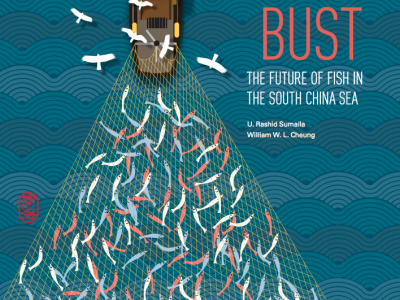
New media coverage from Science, BBC News, South China Morning Post, International Business Times, Undercurrent News and more.
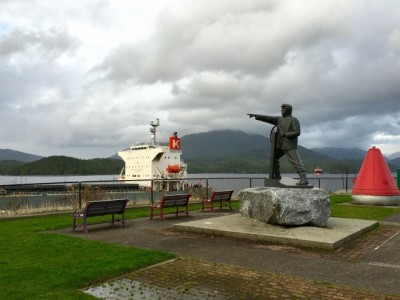
Vicky Lam, Fisheries Economist and Senior Research Fellow (UBC), was invited by the Fraser Basin Council to give a presentation on the impacts of climate change on fisheries on the coast of northwest British Columbia, Canada. She attended the one day workshop titled “Warming Oceans and Rising Tides: Coastal Adaptation in Northwest BC”, in Prince Rupert on October 21.
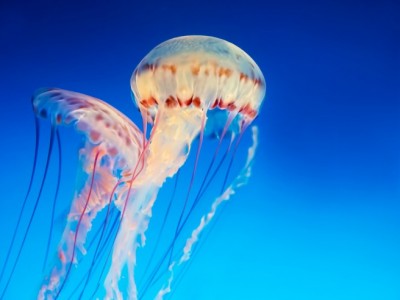
by Andrés M. Cisneros-Montemayor
In A Sand County Almanac, the landmark book on wilderness, ecology, and conservation, we are offered a short anecdote regarding a changing environment:
“I had a bird dog named Gus. When Gus couldn’t find pheasants he worked up an enthusiasm for Sora rails and meadowlarks. This whipped-up zeal for unsatisfactory substitutes masked his failure to find the real thing. It assuaged his inner frustration.” – Aldo Leopold (1949).
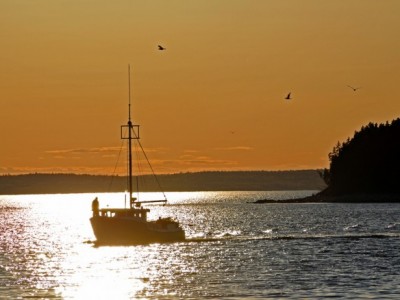
Canada has gone from being a world leader in ocean management to a country failing its oceans due to a lack of federal leadership in implementing ocean policy, the cutting of funding and resources to government ocean science, and the silencing of government scientists.
These findings are part of a new study in Marine Policy, co-authored by Nereus Program researchers, which states that “federal ocean policy and management have diverged substantially from marine science in the past decade”.
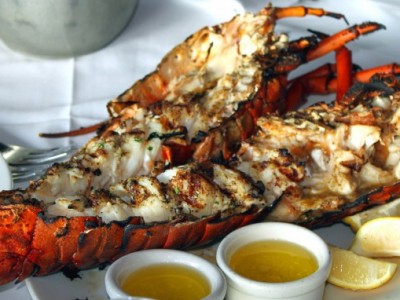
On October 5th, twelve countries reached an agreement on the Trans-Pacific Partnership (TPP), which would create the world’s largest free-trade zone. The countries involved — Canada, Japan, the USA, Brunei, Chile, New Zealand, Singapore, Mexico, Vietnam, Australia, Peru and Malaysia — represent 40 percent of the world’s economy. The TPP would see tariffs on fish and seafood being eliminated, allowing for potentially more exports and imports between partnering countries, and new environmental and labour standards put in place.